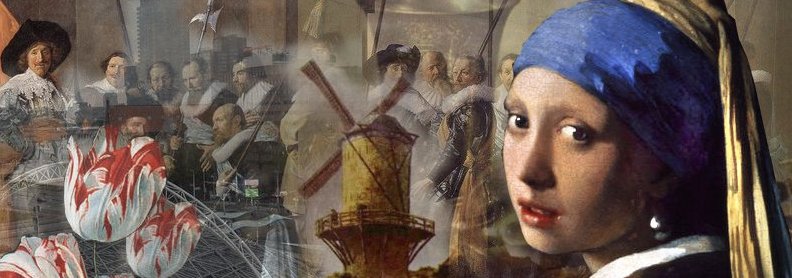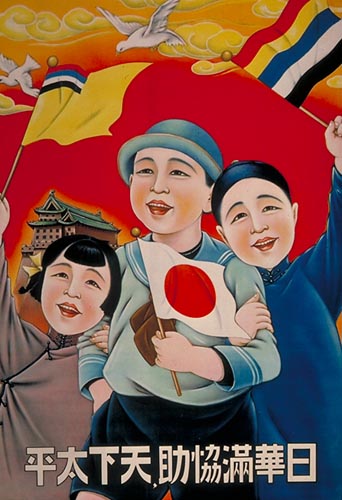|
Halo, Halo Bandung
Halo, Halo Bandung is an Indonesian patriotic song written by Ismail Marzuki that describes the spirit of the struggle of the people of the city of Bandung in the post-independence period in 1946, particularly in the Bandung Sea of Fire that occurred on March 23, 1946. Background Ismail Marzuki, then a singer and songwriter of keroncong groups Lief Java, performed regularly with the group by the mid 1930s at Studio Orkes NIROM II in Tegalega, Bandung, as part of the NIROM station's Eastern Programme. Having returned to Batavia after marrying fellow singer of the groups, Eulis Zuraidah, the sentimental memories and sweet reminiscences of the city was well maintained in his mind. These recollections led him to wrote a song called "Hallo Bandung" in the Sundanese language, as well as other songs such as "''Bandung Selatan di Waktu Malam''" and "''Saputangan dari Bandung Selatan''". The phrase "Hallo Bandoeng" was well known at that time as the call-sign and usual opening used by ... [...More Info...] [...Related Items...] OR: [Wikipedia] [Google] [Baidu] |
Hallo Bandoeng
"Hallo Bandoeng" is a song by the Dutch levenslied singer Willy Derby (real name: Willem Frederik Christiaan Dieben, 1886-1944). It was released in 1929 and sold more than 50,000 copies, an astronomical number for that time. It was one of Derby's songs that became part of Dutch culture. The phrase "Hallo Bandoeng" was well known at that time, as the usual opening used by Radio Kootwijk Radio Kootwijk is a hamlet in the Dutch municipality of Apeldoorn. It is situated in a heather and forest rich territory in the Veluwe region, east of the sandhills of the Kootwijkerzand and the town of Kootwijk. Radio Kootwijk has a combined stat ... when establishing a connection with Bandung (in Dutch: "Bandoeng"), one of the most important cities in the then Dutch East Indies. Narrative The song tells the story of an old woman, who spends the last of her money at Radio Kootwijk so that, for the first time in years, she can hear the voice of her son, who lives in Bandoeng with his "little bro ... [...More Info...] [...Related Items...] OR: [Wikipedia] [Google] [Baidu] |
The Hague
The Hague ( ; nl, Den Haag or ) is a city and municipality of the Netherlands, situated on the west coast facing the North Sea. The Hague is the country's administrative centre and its seat of government, and while the official capital of the Netherlands is Amsterdam, The Hague has been described as the country's de facto capital. The Hague is also the capital of the province of South Holland, and the city hosts both the International Court of Justice and the International Criminal Court. With a population of over half a million, it is the third-largest city in the Netherlands, after Amsterdam and Rotterdam. The Hague is the core municipality of the Greater The Hague urban area, which comprises the city itself and its suburban municipalities, containing over 800,000 people, making it the third-largest urban area in the Netherlands, again after the urban areas of Amsterdam and Rotterdam. The Rotterdam–The Hague metropolitan area, with a population of approximately 2.6&n ... [...More Info...] [...Related Items...] OR: [Wikipedia] [Google] [Baidu] |
Netherlands In World War II
Despite Dutch neutrality, Nazi Germany invaded the Netherlands on 10 May 1940 as part of Fall Gelb (Case Yellow). On 15 May 1940, one day after the bombing of Rotterdam, the Dutch forces surrendered. The Dutch government and the royal family relocated to London. Princess Juliana and her children sought refuge in Ottawa, Canada until after the war. The invaders placed the Netherlands under German occupation, which lasted in some areas until the German surrender in May 1945. Active resistance, at first carried out by a minority, grew in the course of the occupation. The occupiers deported the majority of the country's Jews to Nazi concentration camps. Due to the high variation in the survival rate of Jewish inhabitants among local regions in the Netherlands, scholars have questioned the validity of a single explanation at the national level. In part due to the well-organized population registers, about 70% of the country's Jewish population were killed in the course of World Wa ... [...More Info...] [...Related Items...] OR: [Wikipedia] [Google] [Baidu] |
Nostalgia
Nostalgia is a sentimentality for the past, typically for a period or place with happy personal associations. The word ''nostalgia'' is a learned formation of a Greek language, Greek compound, consisting of (''nóstos''), meaning "homecoming", a Homeric word, and (''álgos''), meaning "sorrow" or "despair", and was coined by a 17th-century medical student to describe the anxieties displayed by Swiss mercenaries fighting away from home. Described as a medical condition—a form of Depression (mood), melancholy—in the Early Modern period, it became an important Trope (literature), trope in Romanticism. Nostalgia is associated with a longing for the past, its personalities, possibilities, and events, especially the "Good old days, good ol' days" or a "warm childhood". There is a predisposition, caused by cognitive biases such as rosy retrospection, for people to view the past more favourably and future more negatively. When applied to one's beliefs about a society or institutio ... [...More Info...] [...Related Items...] OR: [Wikipedia] [Google] [Baidu] |
Culture Of The Netherlands
The culture of the Netherlands is diverse, reflecting regional differences as well as the foreign influences built up by centuries of the Dutch people's mercantile and explorative spirit. The Netherlands and its people have long played an important role as centre of cultural liberalism and tolerance. The Dutch Golden Age is popularly regarded as its zenith. Language The official language of the Netherlands is Dutch, spoken by almost all people in the Netherlands. Dutch is also spoken and official in Aruba, Brussels, Curaçao, Flanders, Sint Maarten and Suriname. It is a West Germanic, Low Franconian language that originated in the Early Middle Ages (c. 470) and was standardized in the 16th century. West Frisian is also a recognized language and it is used by the government in the province of Friesland. Several dialects of Low Saxon (''Nedersaksisch'' in Dutch) are spoken in much of the north and east and are recognized by the Netherlands as regional languages according to ... [...More Info...] [...Related Items...] OR: [Wikipedia] [Google] [Baidu] |
Propaganda In Fascist Japan
Propaganda in Imperial Japan, in the period just before and during World War II, was designed to assist the regime in governing during that time. Many of its elements were continuous with pre-war themes of Shōwa statism, including the principles of ''kokutai, hakkō ichiu'', and ''bushido''. New forms of propaganda were developed to persuade occupied countries of the benefits of the Greater Asia Co-Prosperity Sphere, to undermine American troops' morale, to counteract claims of Japanese atrocities, and to present the war to the Japanese people as victorious. It started with the Second Sino-Japanese War, which merged into World War II. It used a large variety of media to send its messages. Nature of Japanese propaganda Propaganda is non-objective information intended to promote a particular political cause or view. In that sense, Japanese propaganda was no different from other nations' propaganda, but it had some defining elements, such as nationalism. Japanese wartime propaga ... [...More Info...] [...Related Items...] OR: [Wikipedia] [Google] [Baidu] |




